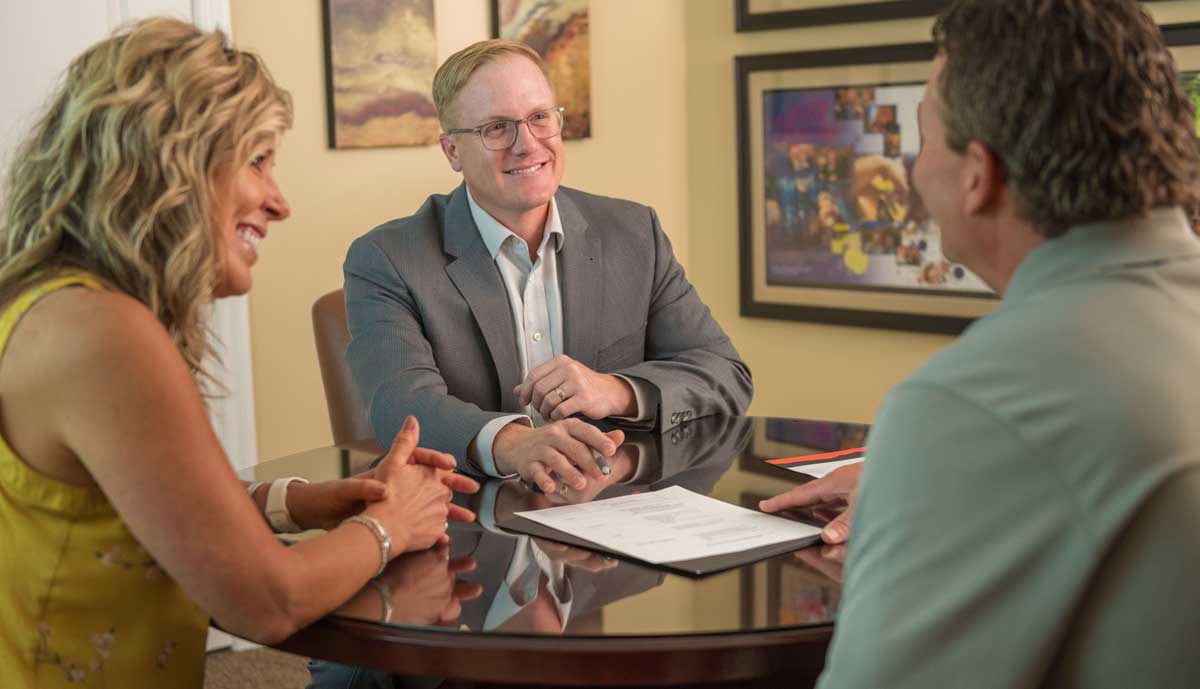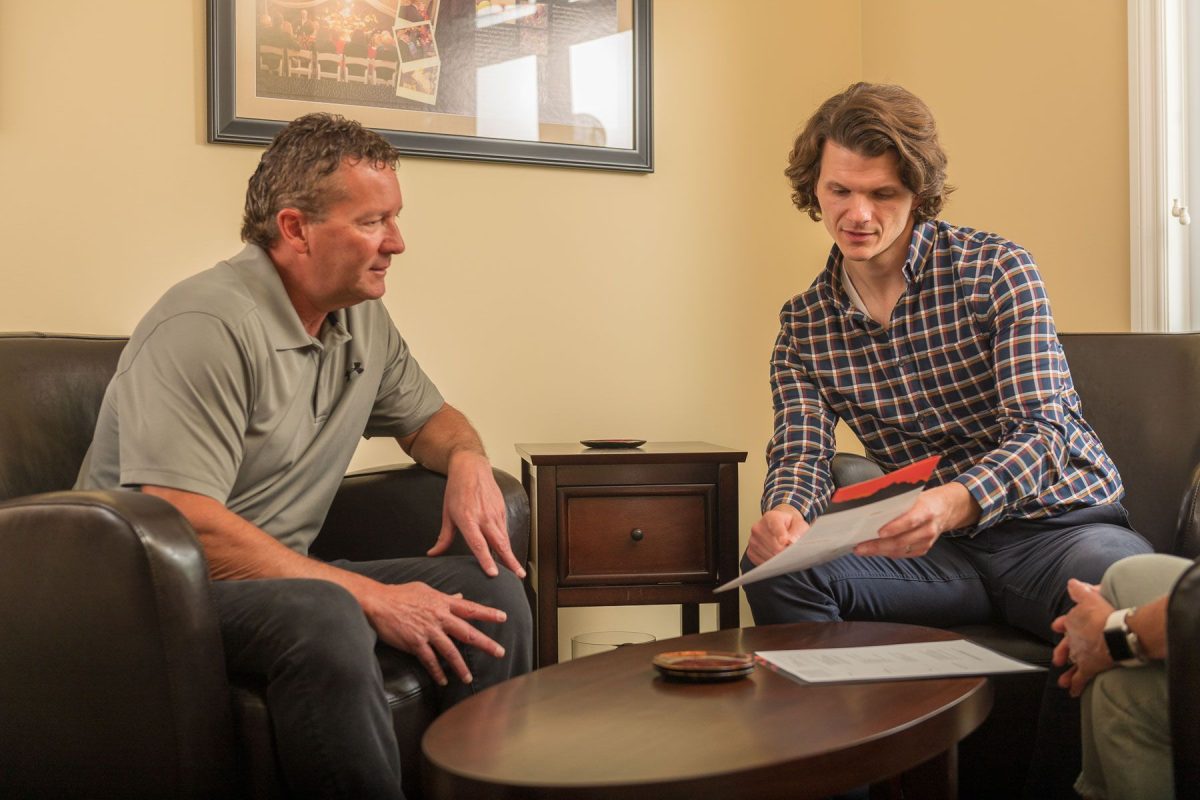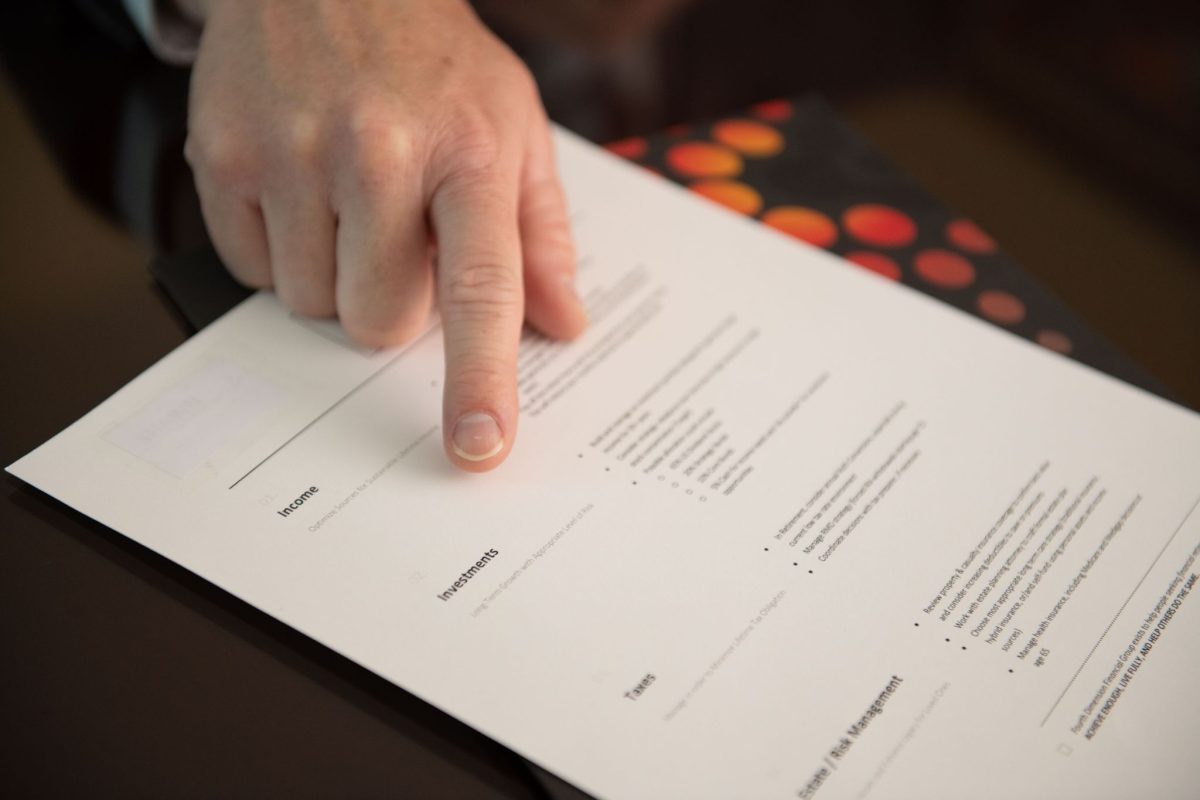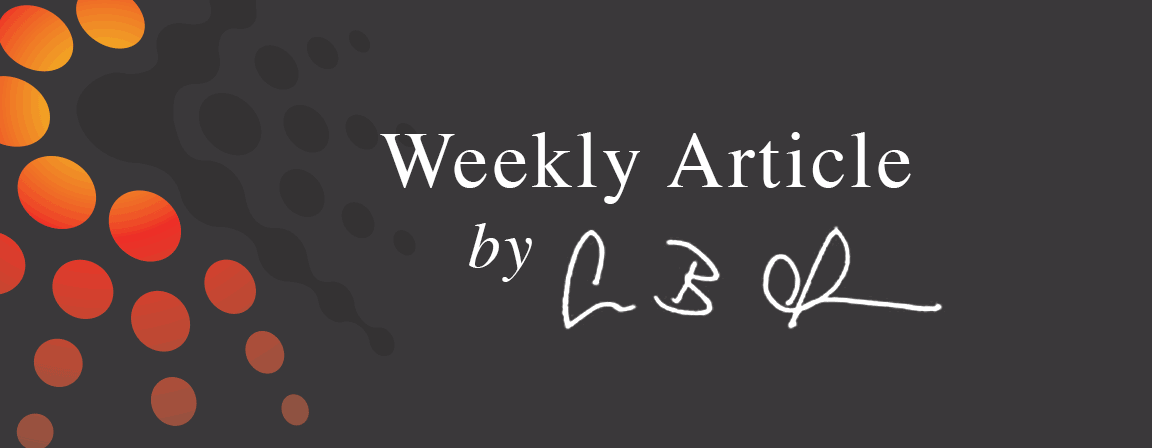If you want to see my heart break, tell me a story about a family ripped apart by money quarrels. I just cannot stand to think that relationships once valued were severed by a disagreement over financial matters. I’m actually sick to my stomach having just written those two sentences. It just seems unnecessary, but it happens all the time.
Why does money sometimes wreak havoc on relationships, and what can we do to avoid it from happening in our families? I feel like the answer to that is as elusive as trying to get people with opposing political views to see eye-to-eye. Some chasms just seem impossible to cross. Why?
Many studies over the years have cited people’s greatest fear as running out of money during their life. In fact, second to that response is death itself. Yes, people are less fearful of death than they are being penniless during life. If that’s true, then we have to recognize that at our deepest level, how we’re treated in financial matters can play some serious games with our psychic well-being. We often connect money to love to happiness to self-worth. Is it any wonder that we can sometimes lose perspective on relationships when these factors are in play?
I recently heard of a situation where a person died and it was soon discovered that he excluded one person from his will, with no warning to that person. This lead to all photos and references to that person being stripped from the home of the slighted person. Again, this makes my stomach hurt. I have no idea what occurred between them, nor whether this was a wise move or not; I simply feel saddened by it.
So what can we do to potentially avoid risking relationships over money matters?
Talk with one another – While communication is as challenging as any activity known to humankind, without it we’re doomed to make incorrect assumptions, judgments, and miscalculations.
Plan your affairs – With detailed and written retirement and estate plans, you stand a chance at having reasoned through various scenarios, which may help avoid oversights or miscalculations. Also, having an unbiased third party to serve as a sounding board may allow a ‘safe distance’ for handling sensitive matters.
Have a long-term perspective – I’d like you to consider a seemingly simple question. If you knew you’d have money left over at your death, would you handle your resources differently? Consider this, few people actually die penniless. Sure, many struggle and there may be adjustments that need to be made to avoid financial distress, but some resources are likely to be left behind. If you knew you’d be okay financially, would you act differently toward others when it comes to money? Might you find opportunities to be a bit more generous and forgiving when friends and family are having great struggles with money?
As with any subject matter, this is much easier said than done. Money can have a way of attaching meaning to it that can be very hurtful when relationships are fragile. When somebody is already hurting, adding dollar signs to that situation (or subtracting them) can be fuel added to a fire.
In the end, it’s rarely money itself that causes relationships to suffer; it’s unresolved issues like anger, resentment, or abandonment that make money an easy scapegoat. None of us will handle things perfectly; however, taking a moment to get outside ourselves and our own insecurities, we stand a chance of restoring relationships so that wounds can heal. That takes a big heart and a long-term perspective, both of which are very scarce when we’re busy with life and our own problems.
Ask yourself: If you knew that you’d be okay, would you act differently toward another who may be hurting?
All the best,

Adam Cufr, RICP®
Recent Articles

Show Your Work: Why Transparency Matters in Retirement Planning

Unlocking the Mystery of Income Taxes

Social Security Strategy: Do You Have One?

Pension Decision: Just One Critical Piece of Information Is Needed to Decide



